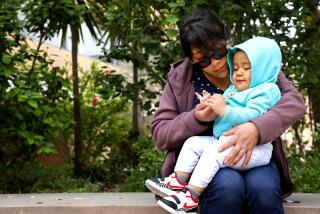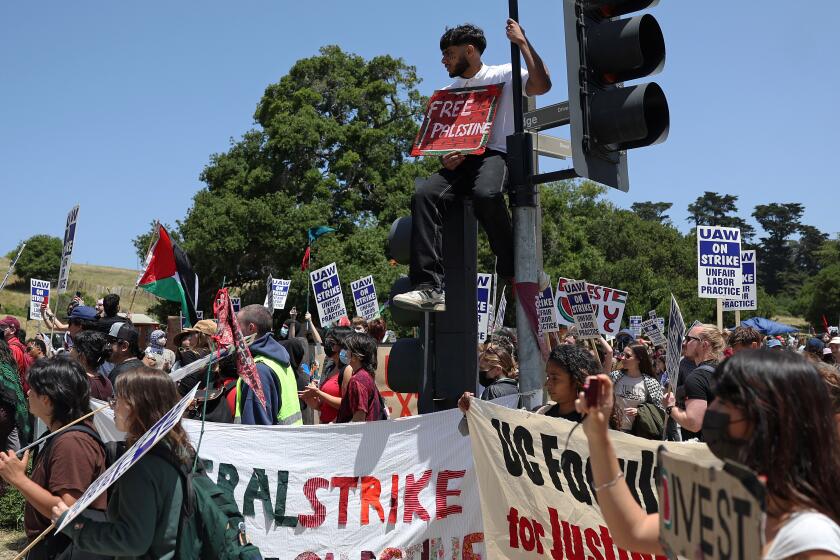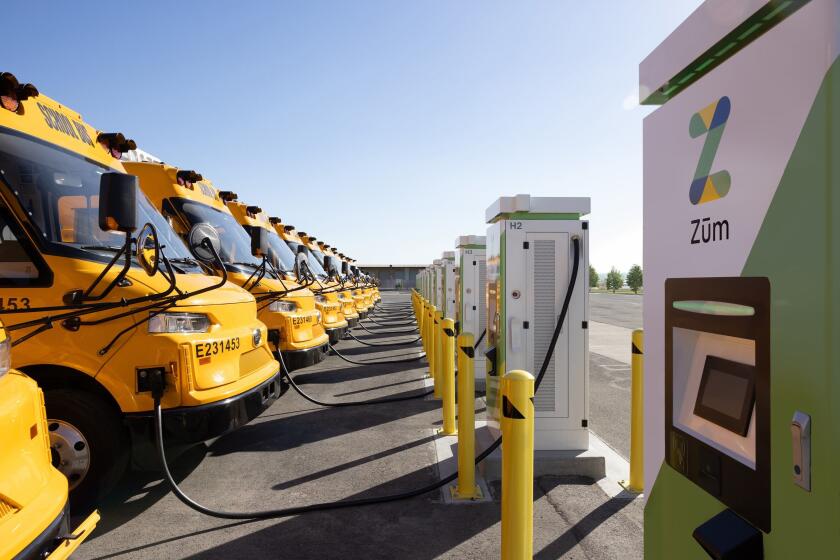Not-So-Nutty Solutions
If the situation didn’t carry lethal potential, the nut jokes would fly. But increasing numbers of children do have life-threatening allergies to peanuts and other foods. And, unfortunately, some schools have overreacted in a way that’s a little, well, crazy.
The food wars flared this fall in Walnut Creek, Calif., where parents railed against an elementary school’s peanut ban. It was imposed because of a kindergartner’s allergy to nuts including peanuts. If this little boy so much as touches a monkey bar where an unwashed finger left a dab of peanut oil, he could go into shock. Students’ parents must scrutinize the labels on their kids’ sunscreen; coconut oil could kill the allergic boy. Students must vigilantly wash their hands at school. A district-paid registered nurse shadows the child in case of emergency.
For now, the school has banned nuts only in the kindergarten area, and it’s hard to understand why this upsets some parents. Kindergarten is a half-day; kids don’t even eat lunch at school. Frequent hand-washing will cut down on viruses that 5-year-olds pass around. But the school faces a bigger problem next year. Should it require 500 children to give up PBJs? Police imperfectly for 1,000 perfectly washed hands? Several schools across the nation have done this.
Consider, though: The Food Allergy & Anaphylaxis Network, an advocacy group for the allergic, reports that children have died at school over the last decade from reactions to milk and fish. So where does it all end, with schools sanitizing kids and sweeping lockers of nuts, milk, yogurt, tuna ... and with each allergic child followed by a private health attendant at a time when most schools can’t afford to hire a school nurse?
Parents and schools shouldn’t balk at making concessions to save a child’s life. No known government document guarantees the right to eat peanut butter. Not yet, anyway. But parents of severely allergic children also can’t expect the world to turn upside down so their kids can feel normal
Doctors think the wave of severe allergies stems from toddlers eating certain foods before their immune systems can handle them. Wait until age 3 to feed tots peanuts, they advise. That makes sense. And so do some less draconian measures at schools.
The allergy network reports that special cafeteria tables for allergic children work well, letting friends join them and not ostracizing anyone. Steer sensitive children away from potentially smeary school equipment. And spend that medical-care money on a full-time nurse for the entire school, to be on hand for allergy emergencies and to tend to the many other children.
A dose of common sense will benefit both the allergic and not, as well as keeping schools from being targets of snickers.
More to Read
Start your day right
Sign up for Essential California for news, features and recommendations from the L.A. Times and beyond in your inbox six days a week.
You may occasionally receive promotional content from the Los Angeles Times.






